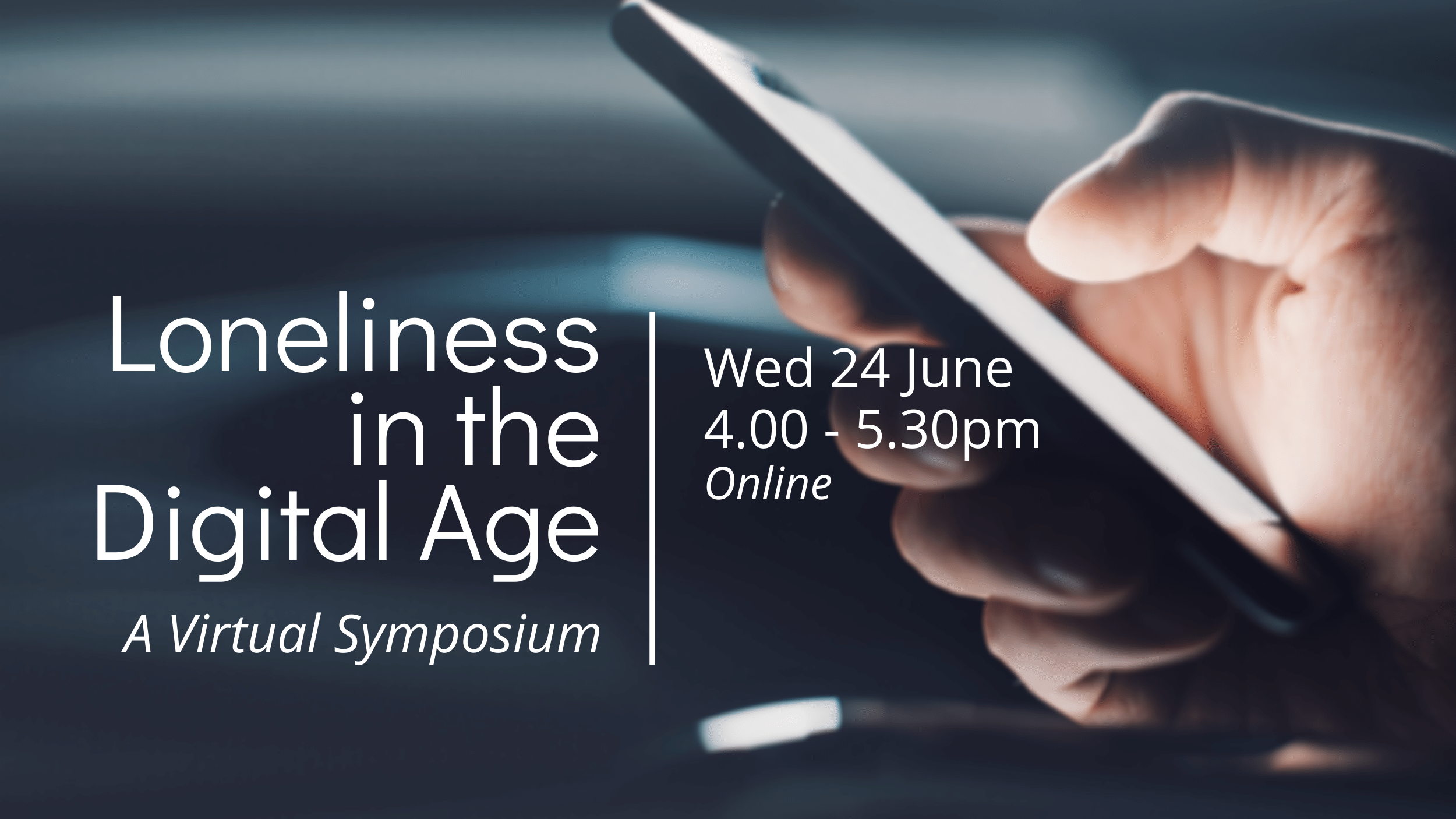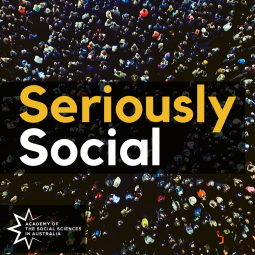 Have you been using your phone and your computer more in the pandemic? If, like most Australians, the answer is yes, you’ll also know the paradox that tech can connect us and at the same time make us feel more isolated. One of Australia’s leading psychologists and social researchers, Hugh Mackay AO, dives into loneliness in the digital age and says there are circumstances where tech can actually bring us closer, with the global Coronavirus pandemic a case in point.
Have you been using your phone and your computer more in the pandemic? If, like most Australians, the answer is yes, you’ll also know the paradox that tech can connect us and at the same time make us feel more isolated. One of Australia’s leading psychologists and social researchers, Hugh Mackay AO, dives into loneliness in the digital age and says there are circumstances where tech can actually bring us closer, with the global Coronavirus pandemic a case in point.
This TLDR (‘Too long didn’t read’) is the shortcut to E9 of Seriously Social: ‘How COVID Rebooted Compassion and Community’. You can tune in to the full conversation between Hugh Mackay and host Ginger Gorman at seriouslysocialpodcast.org.au or on your favourite podcast platform.

This pandemic has impacted Australians in a huge way, but we were experiencing loneliness before the pandemic struck.
“We’re talking about loneliness as if it’s a problem that’s been created for us by the need for social isolation during the pandemic. But the truth is, before the pandemic hit, we were a society with a problem and the problem was a virtual epidemic of loneliness.
The Australian Psychological Society in conjunction with Swinburne University of Technology published some research a year or so ago showing, and this is an alarming figure, 25% of all Australians reported feeling lonely for most of every week – one in four.
Now, that’s an extraordinary figure. And by the way, the highest levels of loneliness were reported among the elderly, who were living alone, and young people, who we think of as highly connected in the wired society.”

The paradox of the digital era is that technology can help address loneliness and at the same time make the problem worse.
“In the case of elderly people who reported feeling lonely, it was particularly those who were living alone and who were not particularly mobile or well. For younger people, I think what’s curious is that they are the most switched on, the most digitally-connected generation in our history and this is the great paradox of the information technology revolution that it promises to make us more closely connected than ever, which it does, but it also makes it easier for us to stay apart from each other.
We were connected but lonely before enforced social isolation.
“When we are closely connected via texts, emails, tweets and Facebook posts, we are not experiencing any of the stuff that you experience with face-to-face interactions, which is tone of voice, rate of speech, posture, gestures, facial expressions, the whole ambiance of the setting. All of those subtle messages that enrich the experience of human communication and connection are almost all missing from digital connection. And that, I think, explains why even when you are spending half your life online, apparently connected to networks, you experience loneliness.”

And now we have loneliness in pandemic proportions, thanks to the COVID-19 pandemic.
“Now, we’re really struggling with two pandemics at once. We’ve got coronavirus and we’ve now got loneliness in pandemic proportions because even though we have all these other ways of being connected, it’s just not the same thing as being face to face. It’s not an insuperable problem, but it’s a major challenge.

On the plus side, the pandemic may help cure us of our ‘busyness’ disease.
“This big global pause is going to lead to a lot of introspection that wouldn’t have taken place before. When we’re all so busy running on the treadmill we don’t give ourselves time for introspection. So, while we don’t want to remain as hermits, perhaps we’ve cured ourselves of ‘busyness’ disease.”
…And boost compassion and connection #IRL
“There’s been a very good consequence of the pandemic for many people, which is that we’ve rediscovered the neighbourhood. It’s important not to forget that we are neighbours, that we live in a little neighbourhood and when there’s a crisis like now, we suddenly realise that the place where you can get immediate help is next door or across the road.”

And this is important because compassion is important for physical, mental and emotional health.
“The fundamental characteristic of humans is our capacity for compassion. We need that because we are social beings. We belong to a species that is inherently social in the sense that humans long-term are completely hopeless in isolation. We can’t do without each other. We need families. We need neighbours. We need friendship groups. We need colleagues. That’s the kind of species we are.
But the way our society’s been changing, particularly over the last 30-40 years, we’ve been becoming more fragmented. Our households have been shrinking and we’ve been becoming more individualistic, more competitive, more materialistic. All of those things tend to suppress our instincts to be compassionate. And I think again, one of the great consequences of the pandemic is that we have already shown signs from the Federal Government down to the local neighbourhood of being a bit more compassionate.”

We will be able to use technology into the future as a connective mechanism.
“We need to recognise that technology is brilliant when we also have social connections. So, the best Zoom conferences that people have had during the pandemic are those with people we already knew. The hardest are the ones with total strangers where trying to get to know someone on Zoom is pretty tough.
So, the thing that I think will be the hallmark of Generation COVID is flexibility. We’ll be more flexible about mixing up the personal contact and the digital contact, recognising that we can’t always be personal. That’s what got us into a trap before, thinking we always have to go to the office every time we have to work or we always have to be in the same room with other people when we go to have a meeting.”

On Wednesday, June 24, the Academy of the Social Sciences in Australia is hosting Loneliness and the Digital Age – a virtual symposium with Hugh as a keynote speaker. Attendance is free, but registration is essential. To join in, register here.
 Tune into seriouslysocialpodcast.org.au
Tune into seriouslysocialpodcast.org.au